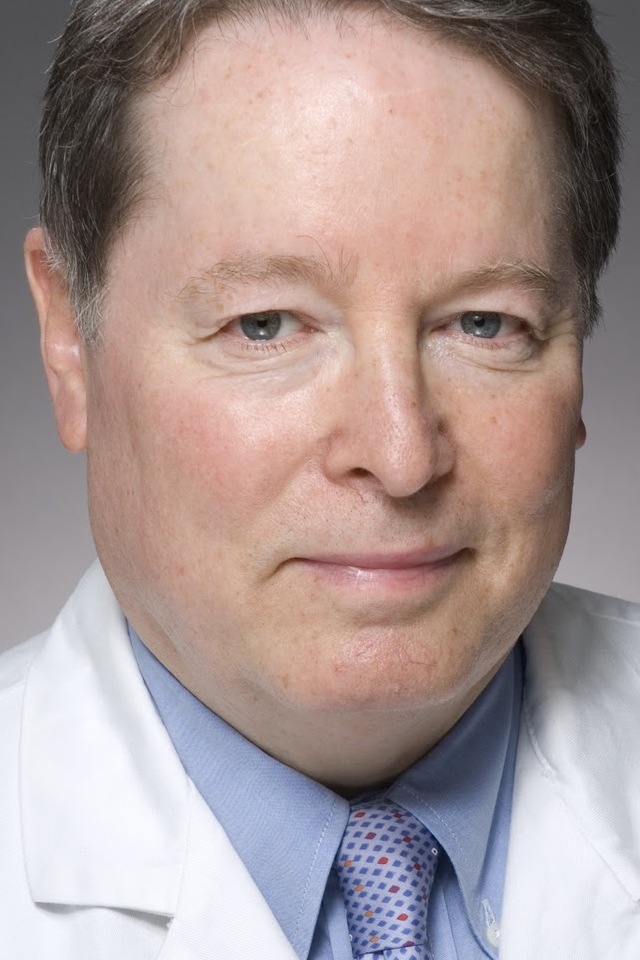The contentious issue of medical malpractice was the topic of discussion at the inaugural lecture of the Cornell Obstetrics and Gynecology Society (COGS) on September 29 in Weill Auditorium at the Medical College.
"The politicized debate is unhealthy to doctors and patients," said invited speaker Jennifer Arlen, professor at New York University School of Law. Doctors who bluster and point fingers in the fallout of medical error are derailing the advancement of a much-needed, candid discussion of what goes wrong and why, she said.
Professor Arlen classified factors in medical error under two rubrics: problems in information (inadequate diagnosis, improper treatment, mistakes in writing or handling prescriptions) and problems inherent in the system (inadequate supervision and exhausted doctors functioning on little sleep).
The legal tort system is necessary "not to punish or compensate, but to provide incentives to alter behavior," she said, inducing those at the helm of medical care to invest in quality and safety at their facilities. She acknowledged major problems with the tort system: chiefly, that doctors bear substantial liability costs even without a record of negligence. In a dilemma that hits home for many COGS members, she added that high-risk births might unfairly indict a doctor for permanent injuries, something the tort system cannot address or mitigate.

Dr. Amos Grunebaum
Damage caps on the amount of money demanded, in Professor Arlen's opinion, are the worst solution possible: they hurt patients with legitimate claims, will not reduce frivolous claims, and relieve the pressure on hospitals to remedy the causes of error. She feels a better solution is to shift the financial burden and liability of doctors to hospitals and medical care organizations, to underscore the idea that negligence often springs from system-wide flaws.
Dr. Amos Grunebaum, assistant professor of obstetrics and gynecology, director of the Clinical Maternal-Fetal Medicine Division and chief of labor and delivery at Weill Cornell, reminded the medical students that "you can make a difference," urging them to work to change the system. The ob/gyn specialty has the highest relative risk of malpractice claims of any field; its doctors pay three to five times the amount of malpractice in other specialties. The premium has surged 271 percent since 2000, Dr. Grunebaum said.
What's more, lawyers are waging an Internet campaign to encourage birth malpractice suits, Dr. Grunebaum said.
But the reflexive doctor tactics of "denial, discounting, and distancing" only exacerbate the problem, he said. Instead, doctors should educate themselves in malpractice issues, labor to improve the system, and place a premium on teamwork and communication.
"The attitude 'to err is human' breaks the silence surrounding medical errors, and spares finger pointing," he said.
He proclaimed the need for a paradigm shift in medical attitudes and beliefs: from "I am perfect" to "I am fallible"; "I work alone" to "I work with others"; and "Monitoring offends me" to "Monitoring protects me."
It's a biological fact that cognitive, psychomotor performance plummets after sustained wakefulness, he said. Therefore, residents must continue to throw their weight behind efforts like the Bell regulations, which place stringent limits on the length of shifts and mandate a certain period of rest between work days.
Team coordination is also proven to reduce the likelihood of medical error. Weill Cornell Medical College was one of the first to implement the team training used by NASA and pilots for critical communication, Dr. Grunebaum said.
"You are the ones I expect to be the leaders, change the system, and work as a team," he told the students.
The Cornell Obstetrics and Gynecology Society, founded in June by fourth-year medical student Adam Weitzman, aims to involve medical students in women's health issues and promote education, advocacy and support for the goals of women's health-care providers.
